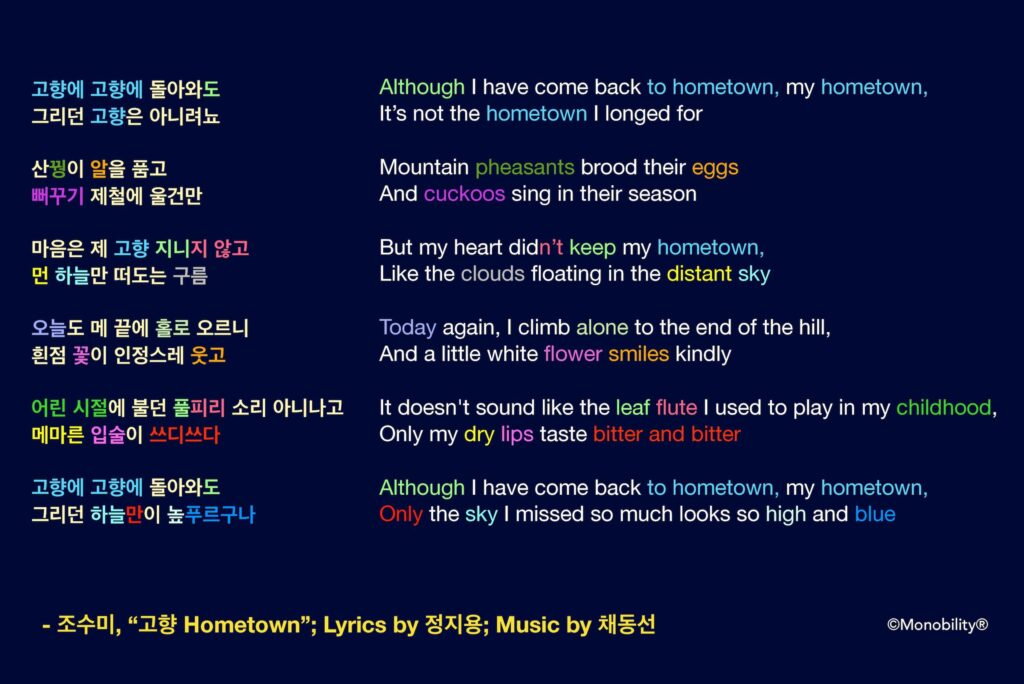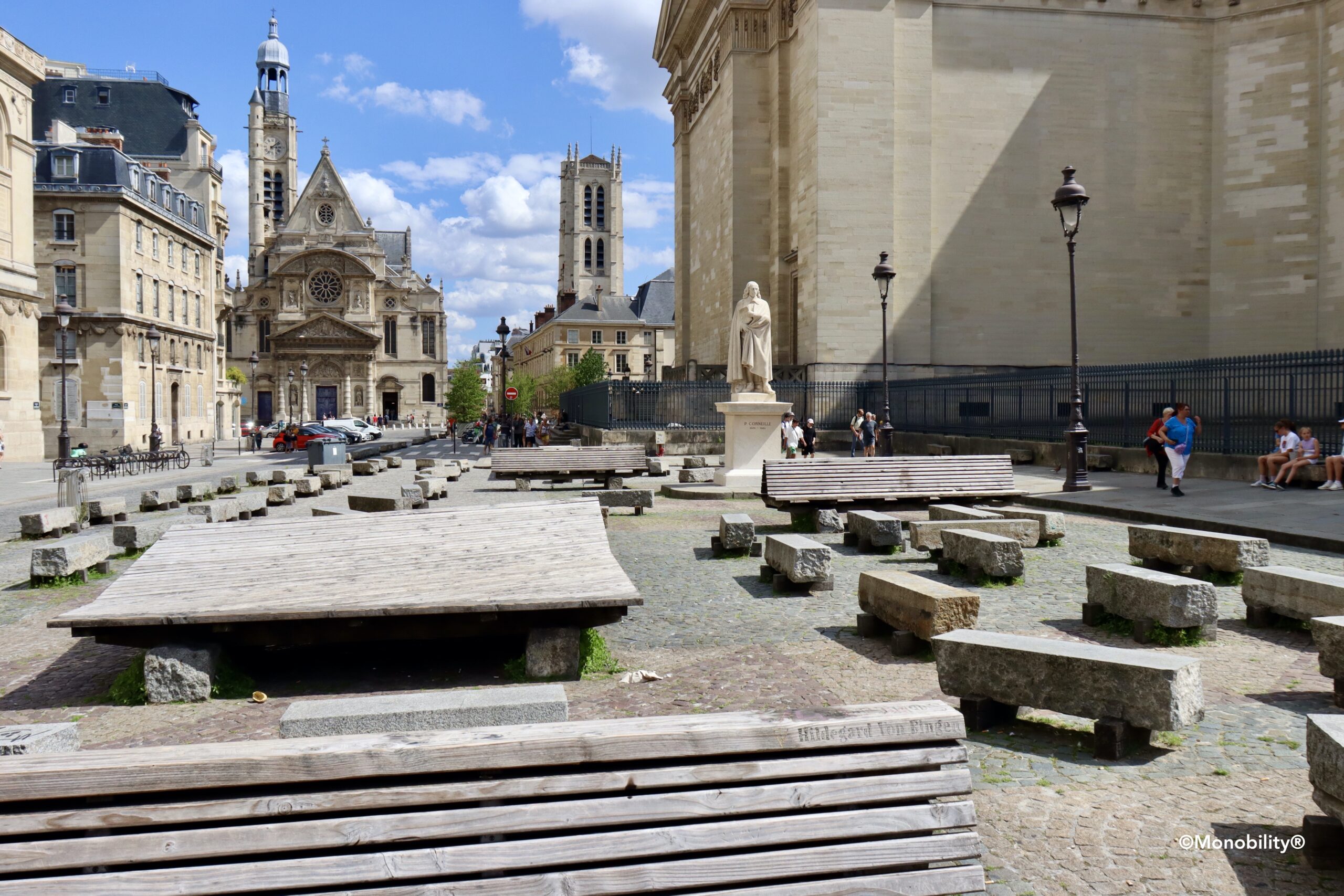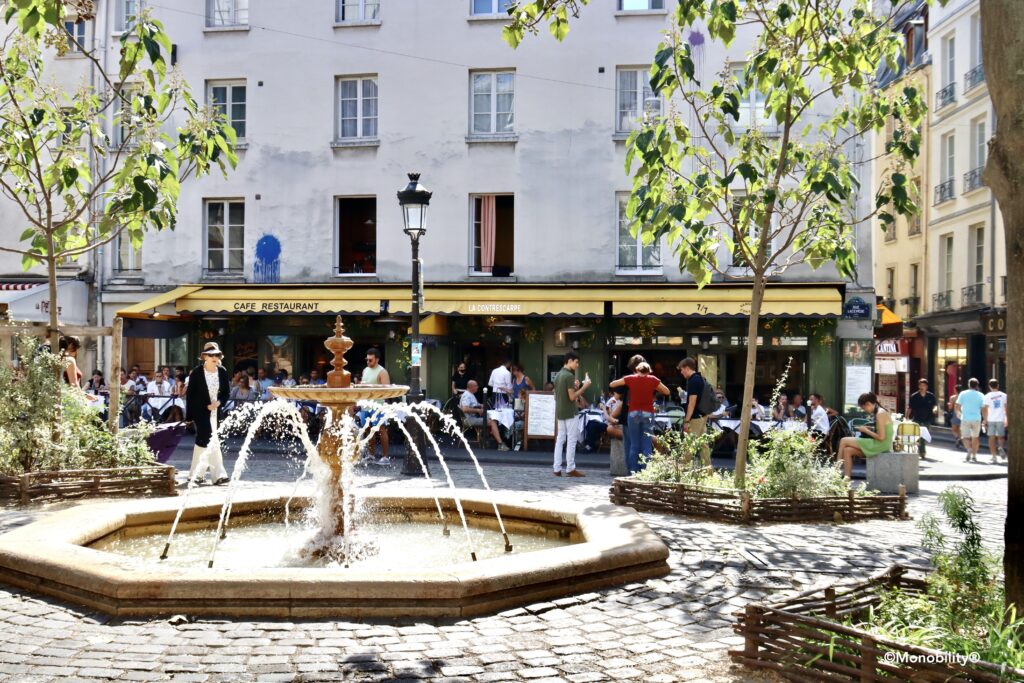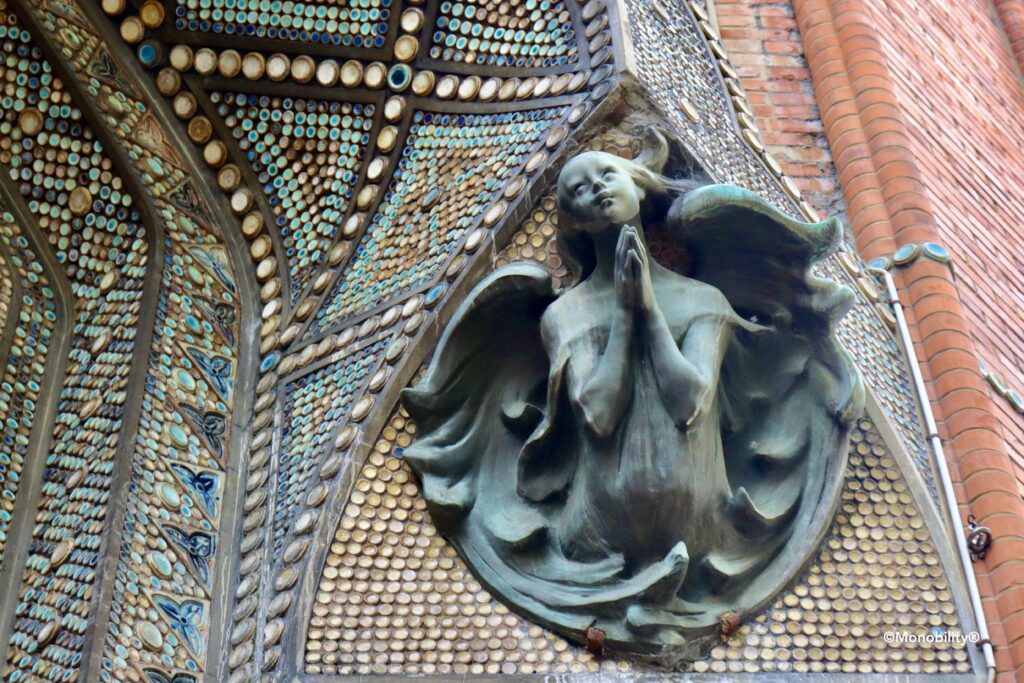Long before BTS and Blackpink, ordinary Koreans sang songs called “가곡 (歌曲),” which can be best translated as either “gagok” or “Korean Art Song” in English. So, 가곡 can refer to two completely different musical genres, so I must be careful about its definition.
- 가곡 (Gagok) as Korean traditional classical songs during the Joseon Dynasty:
As a part of the centuries-old Korean traditional music genre (국악), this type of song is performed by 국악인 (Korean traditional musician), accompanied by a Korean traditional orchestra. The lyrics are usually from the classical poetry 시조 (sijo), which I briefly introduced to you in the previous article.
https://ko.wikipedia.org/wiki/가곡_(한국_음악)
www.youtube.com/watch?v=grEYc0v5FZw
- 가곡 (Korean Art Song) as Korean-style classical songs
This genre is more popular and well-known among Koreans since it is exactly the type of songs they teach in Korean school music classes. Composed since around the 1920s, these lyrical songs follow the Western classical music tradition, often adapted with Korean melodies, rhythm, tone, and scales. In other countries in Europe, this classical vocal genre is called art song, Lied, romanza, mélodie française, etc., often accompanied by one instrument such as a piano, or by an orchestra. Although it is performed on stage by professional musicians educated in the Western classical music tradition, all ordinary Koreans know and can sing at least one out of the long list of songs in this genre, thanks to musical education at school. Here is a very comprehensive list for you to enjoy:
One of my favorite 가곡 (Korean Art Songs) is “고향 (Hometown).” Its lyrics are from a famous poem by 정지용, published in 1935, which sings of the poet’s frustration and lament on his occasions to revisit his old hometown, 옥천, after his study abroad in Japan. During the Japanese Occupation of Korea, his hometown must have been changed a lot due to the usual usurpation and exploitation committed by the invading neighboring country for their hypernationalistic goals. Composed by 채동선 who wrote numerous other beautiful 가곡 in this genre, “고향” is one of the most beautiful Korean songs that express the sorrow of a lost hometown, or to some extent, a lost country.

Personally, having lived in Paris during my younger years, and coming back after about sixteen years to see all the surprising changes, I am particularly touched by the way that another expat 조수미 sings this song in bel canto style, with her amazing, wholehearted legato in the final stanza. When her humane voice almost breaks when she utters “높” in the final line “높푸르구다 (high and blue)” as if she were about to break into tears, your heart will also be touched, and your mind will also agree that her interpretation is simply exquisite.
The poet begins the first line by repeating the keyword 고향 twice. He didn’t simply write “고향에 돌아와도” (Although I have come back to my hometown). He wrote “고향에 고향에 돌아와도”, repeating 고향에 twice, which makes it sound much more desperate and sincere to the Korean ear. Furthermore, the poet repeats the same line in the final stanza. In total, he used the word 고향 as many as six times in this highly refined short poem. In the 5th stanza, he also wrote “쓰디쓰다” (bitter and bitter), instead of the usual “쓰다.” Like many mimetic adverbs with four repeated syllables, this structure is also an emphatic expression that Koreans often use in daily conversations and elegant writings. You only need to say “디” after the adjective stem and repeat it afterward:
- 달다 sweet => 달디달다 very sweet [ literally, sweet and sweet. Emphatic expression ]
- 곱다 beautiful => 곱디곱다 very beautiful [ elegant, poetic ]
- 쓰다 bitter => 쓰디쓰다 very bitter
- 붉다 red => 붉디붉다 very red
- 푸르다 blue => 푸르디푸르다 very blue
The repetition evokes the impression and imagination that the poet returns to his hometown after a long absence, after many years of longing and homesickness. The desperation and earnestness of emotions are accentuated by this repetition. Such is the power of repeated words (or syllables) in the Korean language.
On the other end of the “repetition” spectrum, English is probably the language that hates repeated words, when it comes to good writing. A good English text requires avoiding the repetition of words as much as possible. If you are an English speaker and want to learn to write in Korean, it would be especially necessary to understand that Koreans do not mind repeating words. Not only in writing but also in conversations, which tend to be longer than usual English conversations in general, perhaps due to the love of repeating words and syllables. So, be ready for the fun. You might take it as a linguistic culture shock.
고향 hometown
돌아오다 to come back, return; 돌아와도 although/even though [ (verb stem)-어/아도 concessive clause particle ]
그리다 to miss, to long for
아니려뇨 = 아니로구나 … is/are not [ negation; archaic and poetic ]
산꿩 = 산 mountain + 꿩 pheasant [ compound noun ]
알 egg
품다 to brood, to carry (inside clothes, in arms)
뻐꾸기 cuckoo
제철 the right season, one’s season
울다 cry, (or birds) sing; 울건만 sing… but [ (verb stem)-건만 …, but; although/even though … ]
제 = 저의 his own
지니다 to keep, guard
먼 distant, far
하늘 sky, heaven
떠돌다 wander, float
구름 cloud
오늘 today
메 hill, (small) mountain [ archaic, poetic ]
끝 end (noun)
홀로 alone, by oneself
오르다 to climb, rise
흰점 = 흰 white + 점 point, spot
꽃 flower
인정스레 with affection, kind [ archaic; 인정 human affection + 스레 adverbial particle that transforms nouns or adjectives into adverbs ]
웃다 to smile, laugh
어린 시절 childhood = 어린 young + 시절 period/era
불다 to blow, to play (flute, etc.); 볼던 that … used to blow/play [ (verb stem)-던 denotes past habitual actions = used to … ]
풀피리 = 풀 grass + 피리 flute = leaf flute, grass flute
소리 sound; 소리가 나다 it makes a sound
아니 not
메마른 very dry, dried [ emphatic expression of 마른 dry ]
입술 lips
쓰디쓰다 very bitter [ literally, bitter and bitter ]
하늘만이 only the sky [ -만 only; -만이 = -만 only + 이 subject marker ]
높푸르다 = 높(다) high + 푸르다 blue = high and blue [ compound adjective; used exclusively for describing the sky/heaven ]
Follow Monobility® Group for much more:



